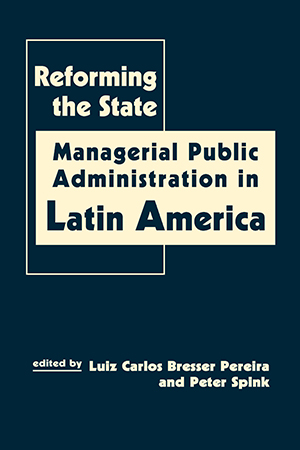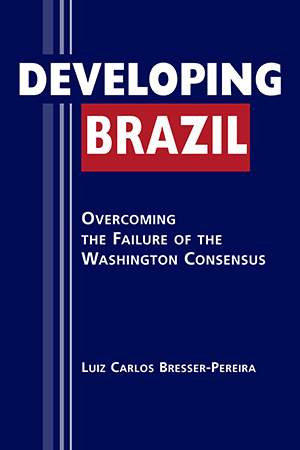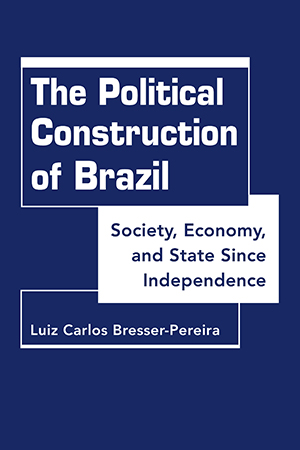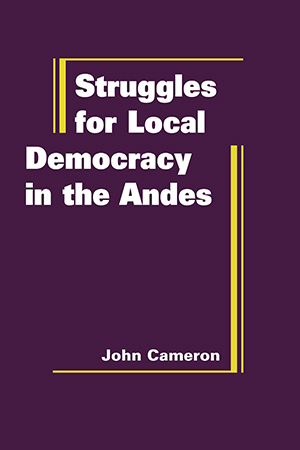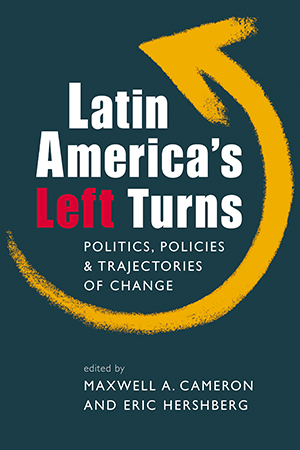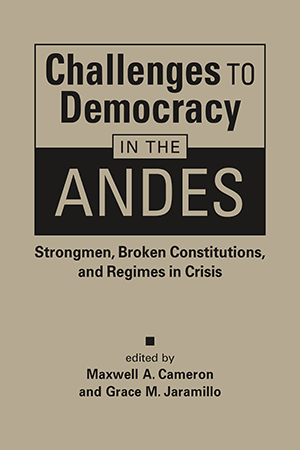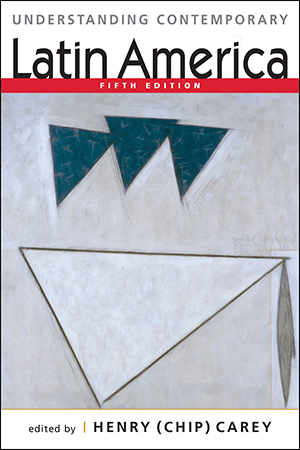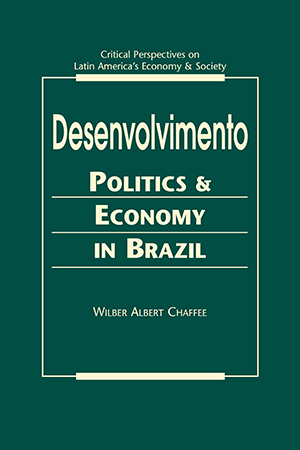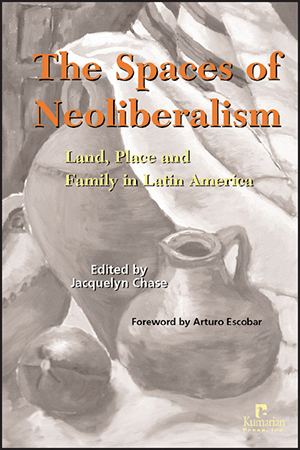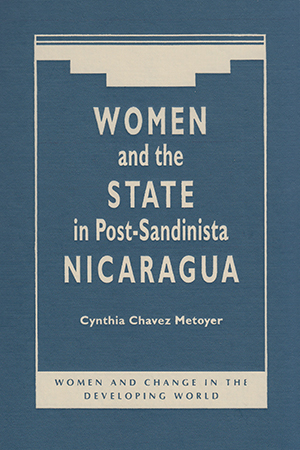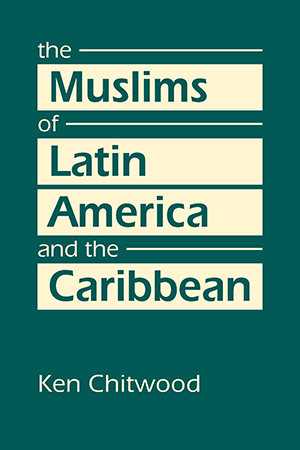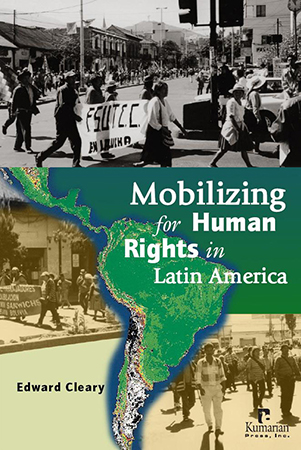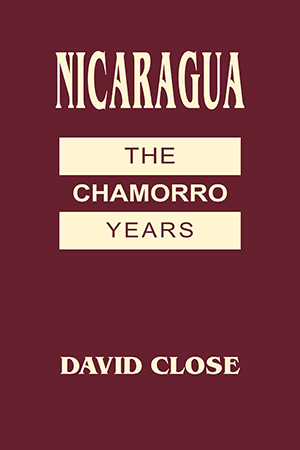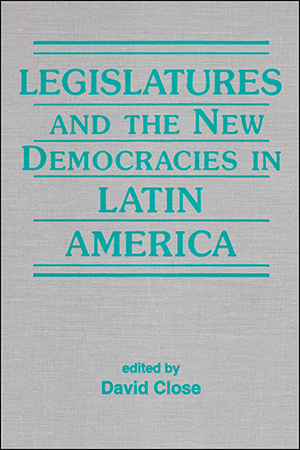Latin America and the Caribbean
Neoconservative proposals for a minimal state notwithstanding, it has become increasingly clear in Latin America (and elsewhere) that the state must in fact be strengthened and the civil More >
After the 1994 Real Plan ended fourteen years of high inflation in Brazil, the country’s economy was expected—mistakenly—to grow quickly. Luiz Carlos Bresser-Pereira More >
Spanning the period from the country’s independence in 1822 through mid-2016, Luiz Carlos Bresser-Pereira assesses the trajectory of Brazil's political, social, and economic More >
John Cameron draws on power-based approaches to the study of democratization as he thoughtfully explores efforts by indigenous and peasant groups to gain control of local governments and More >
This accessible look at Latin American politics explores how—and to what effect—diverse forces on the left have not only captured the imagination of vast swathes of the More >
Although military coups are rare in the Andean countries, democracies remain prone to deep political crises caused by elected leaders (especially strongmen, or caudillos) who abuse their More >
The Whistling Bird celebrates what were until recently the little-heard voices of women writers from the Caribbean. The anthology includes short stories, poetry, drama, and excerpts from More >
This new edition of Understanding Contemporary Latin America, the first under the editorship of Henry (Chip) Carey, reflects the many changes that have occurred in the region in the decade More >
The Brazilian economy has long been characterized by rapid growth—but equally by high inflation and an extreme maldistribution of wealth, despite the strong international reputation of More >
In this exploration of people's responses to neoliberal market reforms in Latin America, the authors reveal the ways that local communities negotiate with market power and state policy More >
After winning a stunning and decisive victory in Nicaragua’s 1990 presidential election, Violeta Chamorro reversed much of the social and economic policy enacted by the previous More >
Winner of the Religion News Association's Award for Best Nonfiction Religion Book! The "Muslim World" is often narrowly conceived as tied to the Middle East and North More >
In this follow-up to his widely read The Struggle for Human Rights in Latin America, Edward Cleary examines some of the robust human rights movements of the past two decades. More >
In 1990, Nicaraguans voted out the revolutionary Sandinista regime and replaced it with the conservative government of President Violeta Chamorro. Chamorro's term of office was marked by More >
Legislatures are indispensable parts of constitutional liberal democracies, controlling and criticizing the executive while voicing a wide range of opinions on public issues. This book More >


